Detailed content
1、 Technical specifications
Technical parameter description
Model PFTL101B 2.0KN
Measurement range 2.0 kN (kilonewtons)
The accuracy is usually 0.1% or higher (the specific accuracy may vary depending on factors such as power supply, such as ± 0.5% (battery powered) or ± 0.25% (AC220V powered))
Linearity 0.1%
Response time 1ms
Output signal 4-20mA
Shell material aluminum alloy
Protection level IP65 (some information mentions IP68, but please refer to the product manual for details)
2、 Functional Features
High precision measurement: With high-precision measurement capability, it can ensure precise control of material tension during the production process, avoiding material fracture or excessive relaxation.
Reliable and Durable: Made of high-quality materials, designed to be sturdy and durable, suitable for harsh industrial environments.
Easy to install and maintain: The structural design is reasonable, making it convenient for users to carry out installation and subsequent maintenance work.
Multiple communication protocol support: Supports multiple communication protocols such as Modbus and Profibus, making it easy to integrate with other devices or systems.
Good protection level: With a high level of protection, it can effectively prevent the intrusion of dust and water, ensuring stable operation even in humid and dusty environments.
3、 Application scenarios
ABB PFTL101B 2.0KN tension sensor is widely used in the following fields:
Steel industry: used in applications such as hot rolling, cold rolling, and process lines to measure the tension of strip materials and ensure their quality and consistency.
Paper industry: Used to measure and control the tension of paper during the papermaking process, ensuring the flatness and quality of the paper.
Rubber and Plastic Industry: Used in the processing of rubber and plastic to measure and control the tension of materials, ensuring the size and performance of products.
Other industrial fields, such as textiles, printing, packaging, etc., can be used in any situation where precise control of material tension is required.

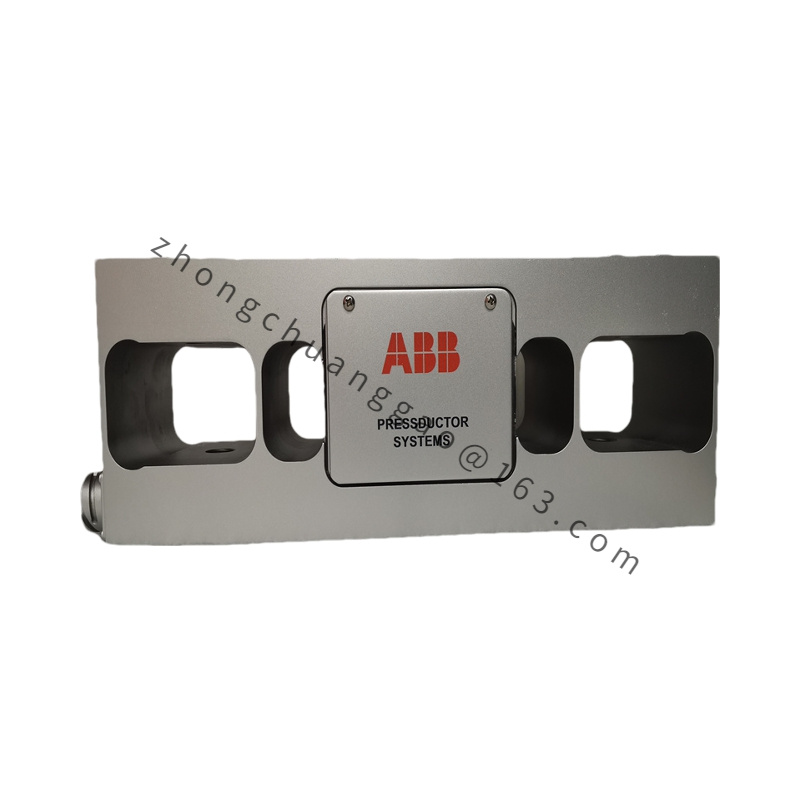
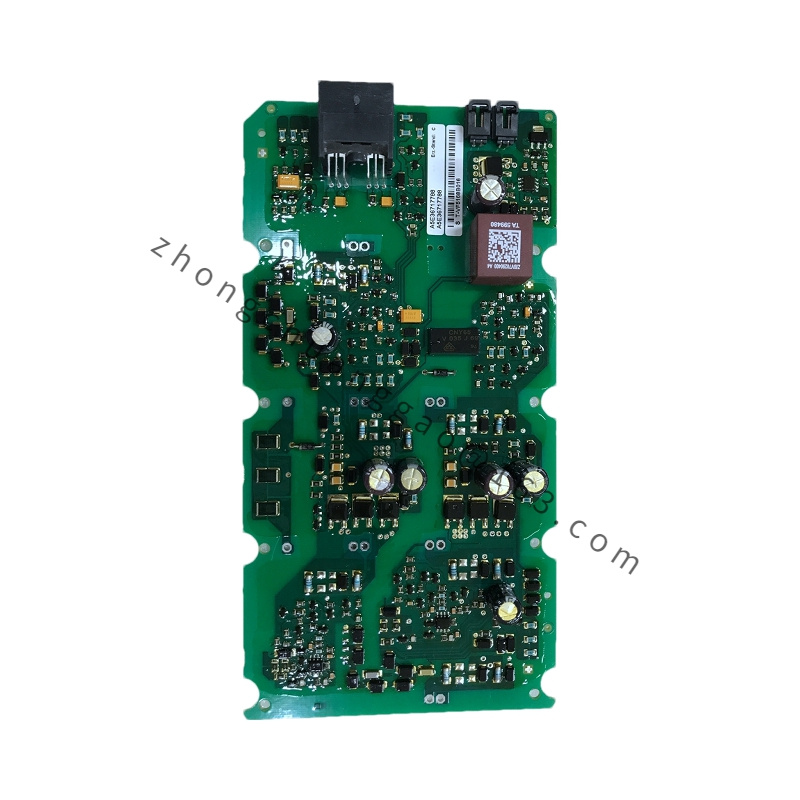
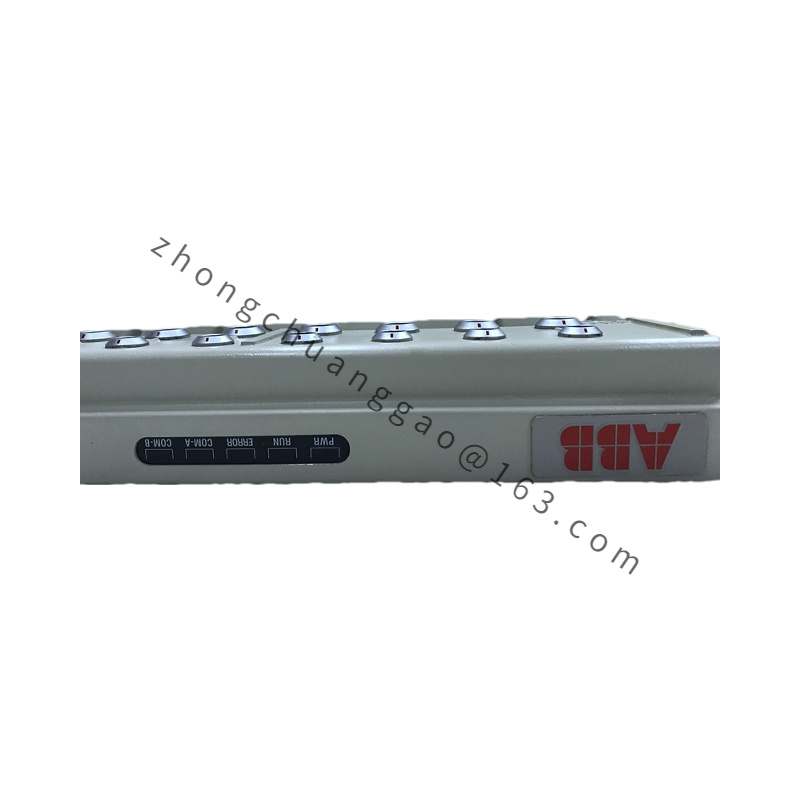
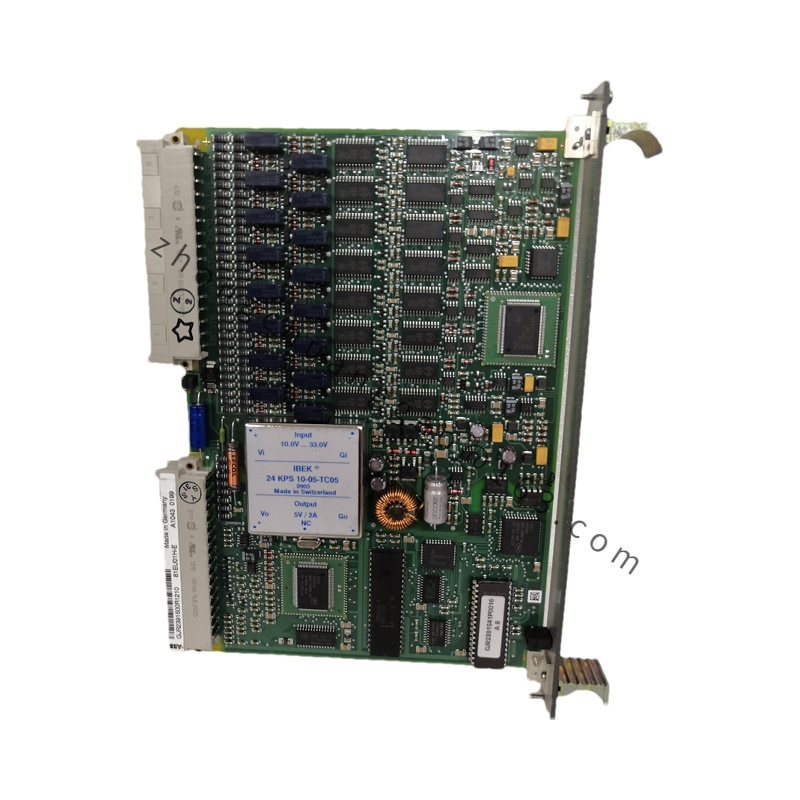
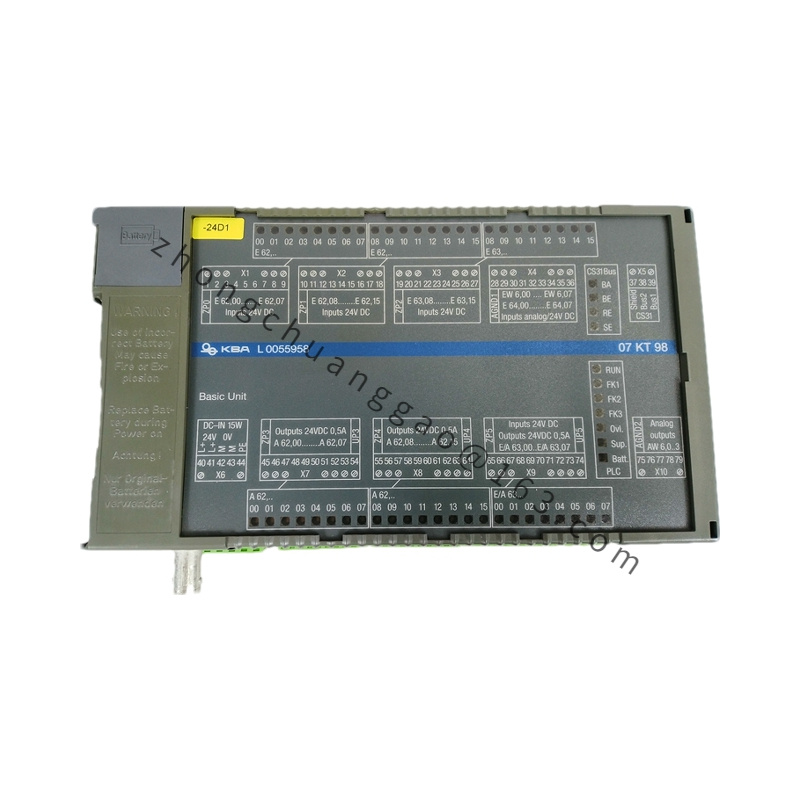
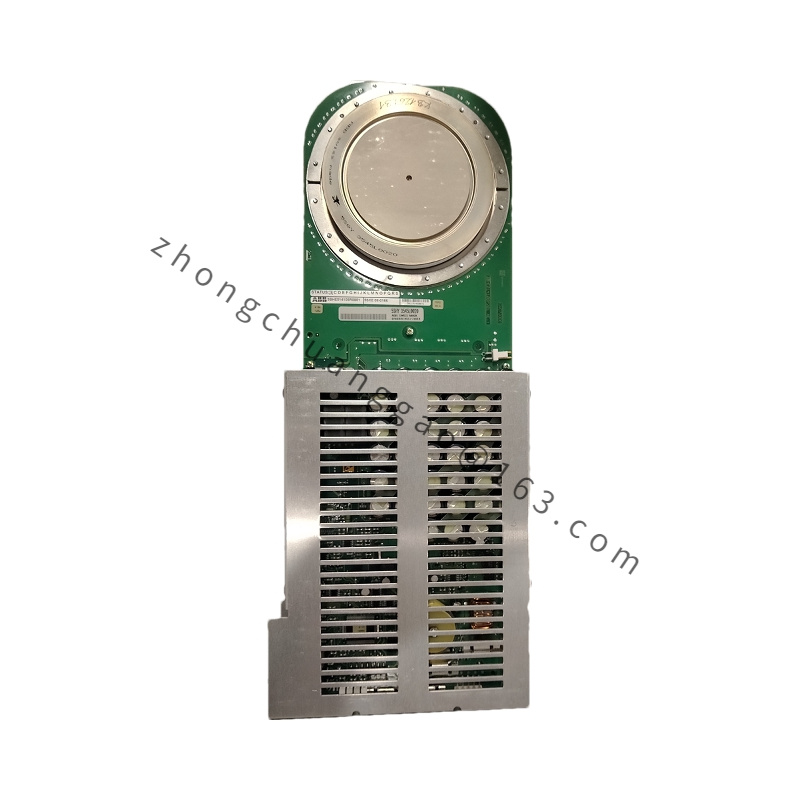

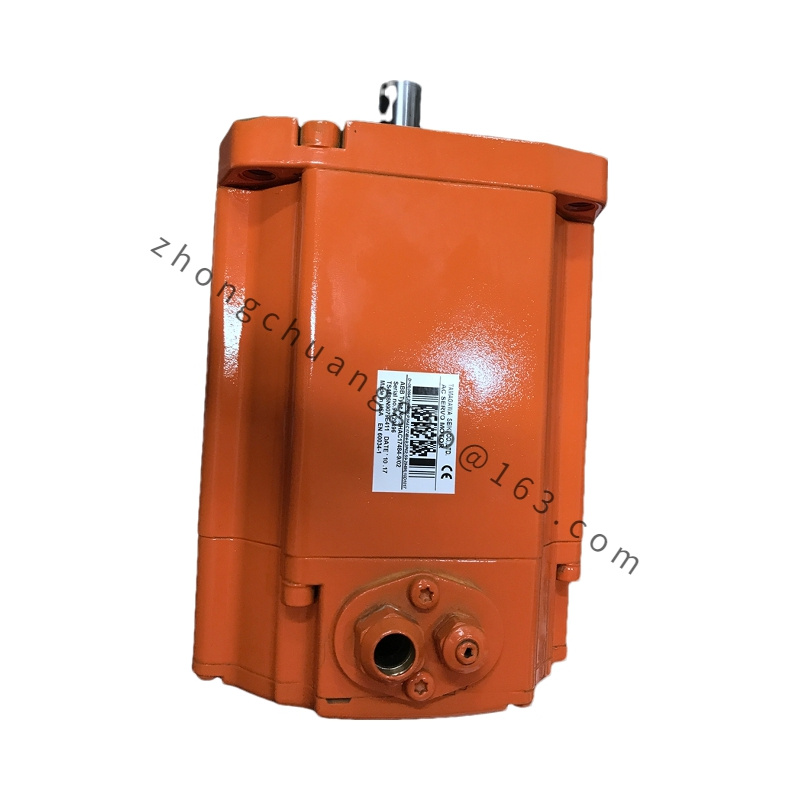
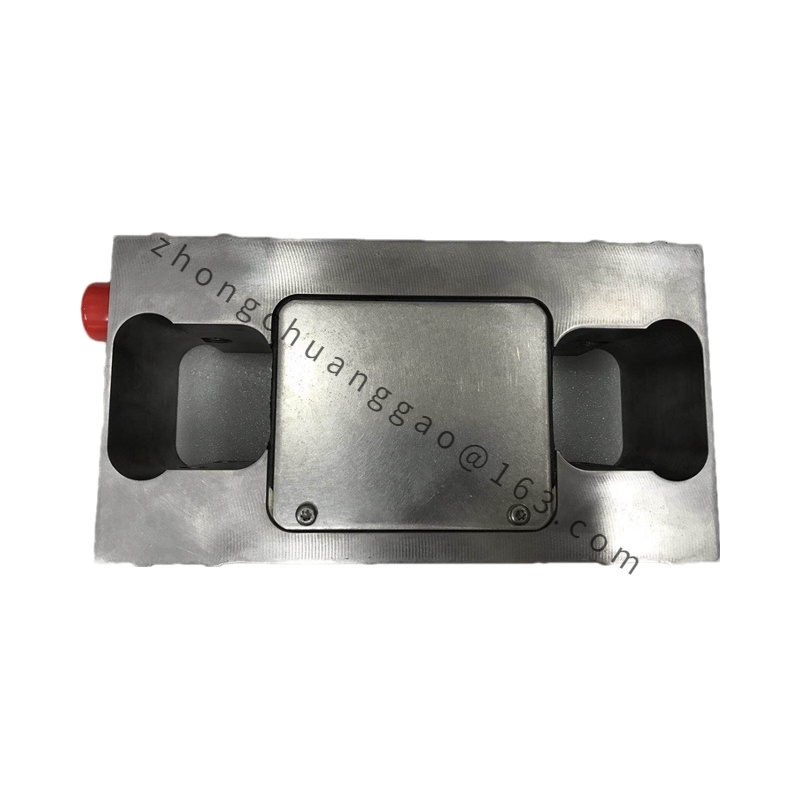
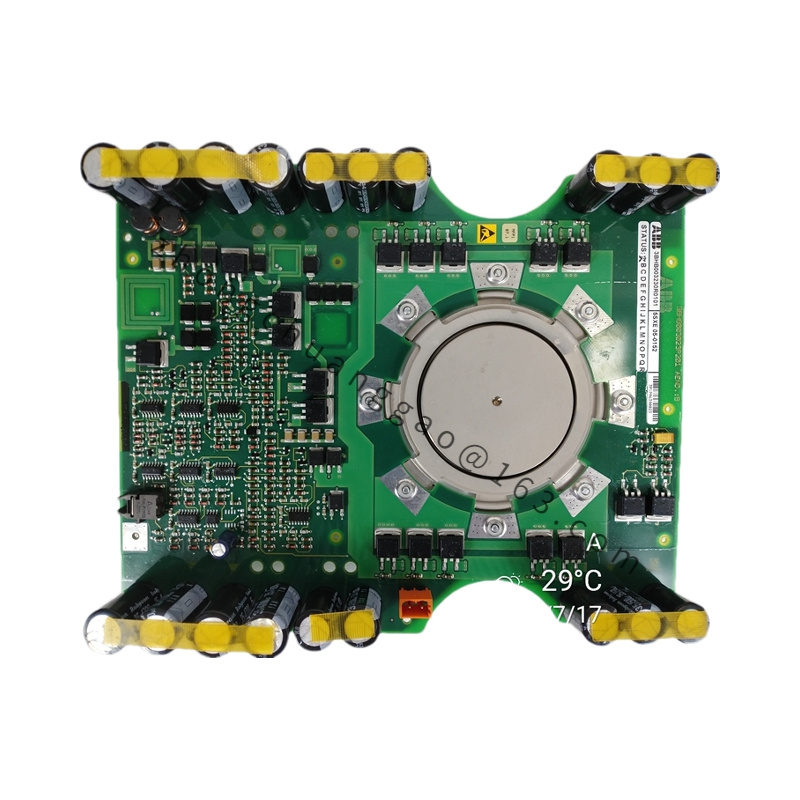
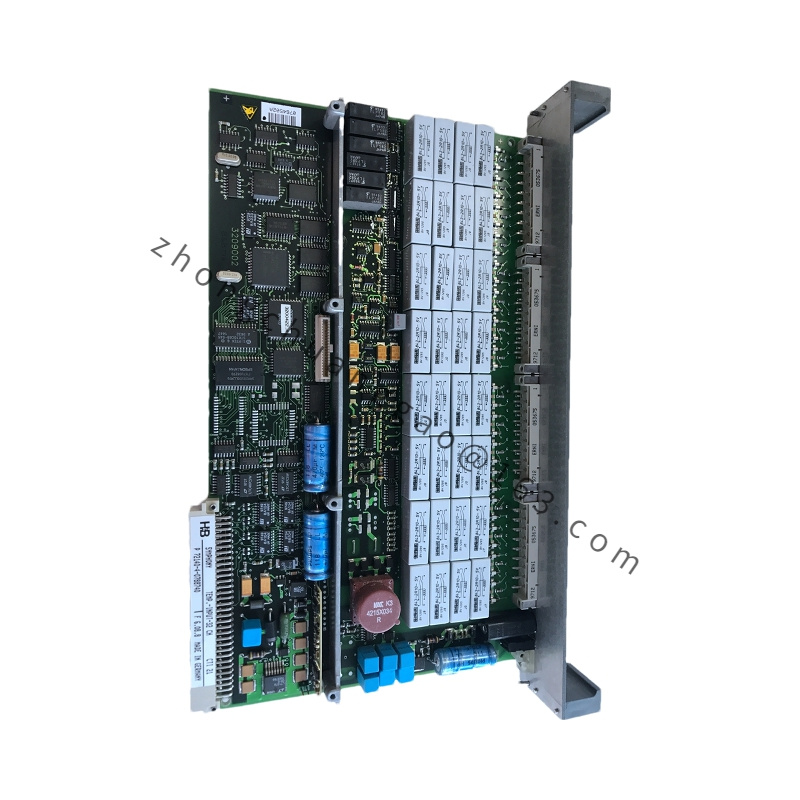
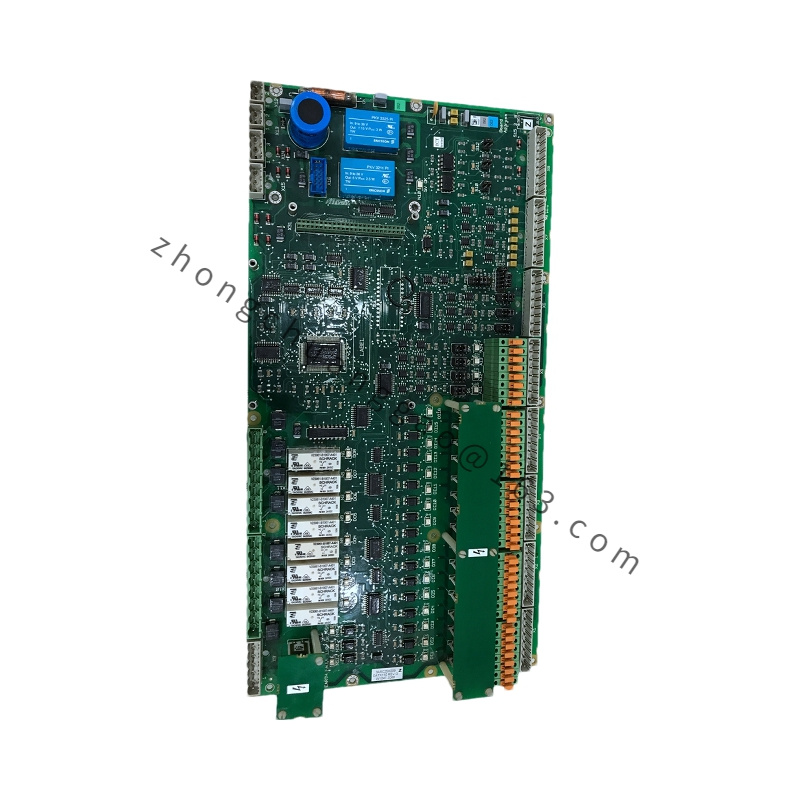
.jpg)